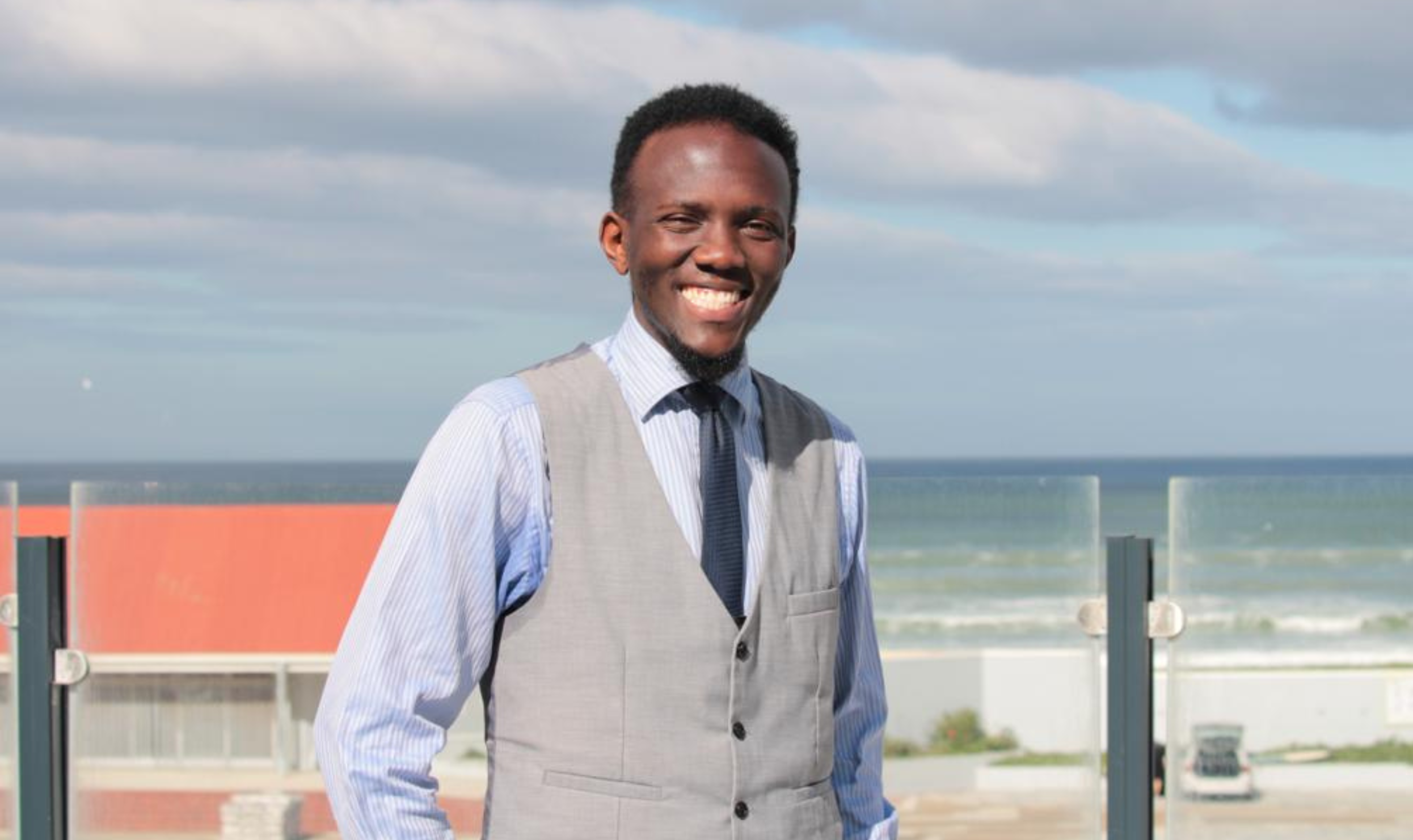Almost everyone knows of at least one famous person who died on the 22nd November 1963- President John F Kennedy. But there were two world famous writers who died on the very same day- the atheist writer Aldous Huxley, author of Brave New World and the Christian writer C. S. Lewis, of ‘The Lion, Witch and the Wardrobe’ fame.
Both men were great intellects- each having the brain the size of a small planet. And yet one was a committed believer, the other a committed unbeliever. So why was it that one – C. S. Lewis who, for most of his early life was a passionate atheist became a Christian (and whose life was made difficult as a result, for example, he was passed over for a Professorship at Oxford because of his beliefs) and the other – Aldous Huxley, refused even to budge? Was it because Huxley was more intellectually rigorous than Lewis? Was it that his razor sharp mind ruled out the possibility that there was a God having carefully weighed the evidence? Not according to his own confession. This is what he wrote as to why he wanted the world to be one which, was at bottom, meaningless: “For myself, no doubt, as for many of my contemporaries, the philosophy of meaninglessness was essentially liberation from a certain political and economic system and liberation from a certain system of morality. We objected to the morality because it interfered with our sexual freedom.” At least he was honest! He didn’t want Christianity to be true because if it was he would have to change as a result and he simply didn’t want that. But that is a very strange reason. What would we think of someone who refused to believe that the world was round because somehow that might make their life more difficult, or, as was argued, that slavery can’t be wrong because it would mean losing profit out of the slave trade? Such reasons impress no one. Something is true or not true whether we like it or not.
It was this commitment to truth which led to C.S. Lewis from moving over from a complete unbeliever in God to one of the greatest contenders for the Christian faith in the 20th century. Like Huxley, in the first place he didn’t want anyone to interfere with his life, least of all God. He wrote, ‘No word in my vocabulary expressed deeper hatred than the word Interference.’ But the more he thought about the Christian faith and especially the claims of Jesus Christ, which in his mind boiled down to a stark choice that Jesus was either mad, bad or God (and the evidence was decidedly in favour of him being God) he felt that it wasn’t so much he- C.S. Lewis – who searching for God, but rather God searching for C.S. Lewis. This is the way he described his experience when he came to the realization that God not only existed, but he could be known personally through his Son Jesus Christ and that would mean his life being turned upside down, ‘ You must picture me alone,’ he wrote, ‘ in that room in Magdalen [College Oxford], night after night, feeling, whenever my mind lifted even for a second from my work, the steady, unrelenting approach of Him (God) whom I so earnestly desired not to meet. That which I greatly feared had at last come upon me. In the Summer term of 1929 I gave in and admitted that God was God, and knelt and prayed: perhaps , that night, the most dejected and reluctant convert in all England.’
Both Huxley and Lewis were similar in so many ways. Both were smart, both were great writers, both didn’t want to believe that there was a God. But there was one fundamental difference: Huxley refused to face the possibility that Christianity was true because he didn’t want to change, Lewis wanted the truth come what may.
It was another great Christian writer G.K Chesteron who once said: ‘For many people it is not the case that Christianity has been tried and found wanting, but rather that it has been found demanding and so not tried.’ But truth is truth , like it or not, and the very least we can do, and should do, is to have the courage to look into it for ourselves and then, you never know, like C.S. Lewis, in the words of his autobiography, we too might be ‘Surprised by Joy.’
